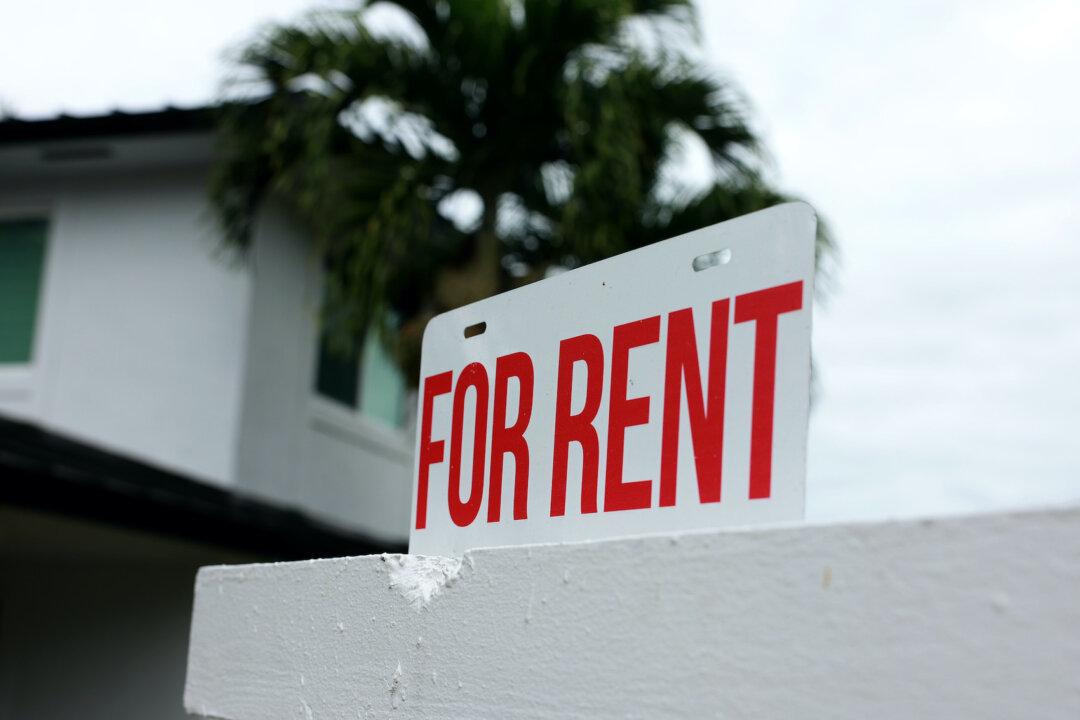Possibly driven by the younger generation’s grim outlook for the future, the United States has fallen out of the top 20 in an annual global happiness ranking poll.
Economic analyst and writer Mike Shedlock told The Epoch Times that the data isn’t surprising due to President Joe Biden’s economic policies, which he said have created “two economies but only one interest rate,” leaving black Americans and Americans under 30 struggling.





